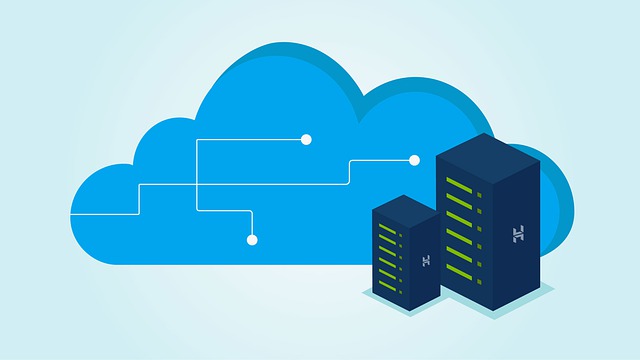Today, small and large businesses are at risk of various cyberattacks. According to Statista, there were 31,000 incidences of cybercrimes worldwide in 2019, with data breaches rising to nearly 4000, affecting individuals, businesses, and even state institutions. However, preventing cyberattacks should be easy with the right security safeguards. Here are the four best ways to keep your small business data safe and secure.
This is a contributed post. Please refer to my disclosure for more information.

1. Train your employees
Everyone in your business must appreciate your company’s security policy. Training your employees on data security is worthwhile, whether a quarterly, bi-annual, or yearly training program, especially with growing cybersecurity threats. You want to make sure everyone is on the same page and insist they follow through with the rules. Training can include shared responsibility for business data, document management, notification procedures, unauthorised software use on business computers, internet usage, emailing, and social media. While it is recommended to have documental control software, adding a properly trained team to the mix can bring about excellent security results.
2. Create a security strategy
Make sure your small business has a written, clear, precise, and feasible cybersecurity strategy instead of a vague collection of policies and processes. Your cybersecurity strategy should explain how to safeguard your data and resources and offer a control or recovery mechanism should the worst happen. For example, an incident-response strategy can put you one step ahead instead of making rushed decisions to worsen the problem in the heat of the moment.
3. Data encryption
Data encryption is vital for keeping your client and business data safe from outsiders. You want to begin with encrypting your office network since this is where all your sensitive and confidential data are transmitted. This would prevent cybercriminals from breaching your files or stealing information and holding it for ransom. You should also consider setting up a Virtual Private Network(VPN). This would ensure that the data transmitted is safe and private. This is also advisable if your employees work remotely, as most WiFi networks offer no encryption. Advise your staff to use a VPN when connecting to any network other than your workplace’s network.
4. Backup your data
Many data security experts have advised backing up all your sensitive data since the worst can happen even with the best cybersecurity measures. Most businesses indeed have a backup system. However, it is mostly insufficient. Your business’s backup option should be easily accessible and updated. For example, if your business regularly updates its data, you should do the same with your backup system. Your business backup system isn’t useful if it cannot provide you with the most recent data update. It is also practical to keep your backups in multiple locations, for instance, the cloud, for the best security.
A single data breach can do significant damage to you and your thriving and winning small business. Therefore, it is advisable to secure all sensitive data. This also increases your customer loyalty and satisfaction, keeps your employees safe, and positively impacts your brand’s reputation. Fortunately, the tips mentioned above should keep your business safe and protected from illegal intrusion.



